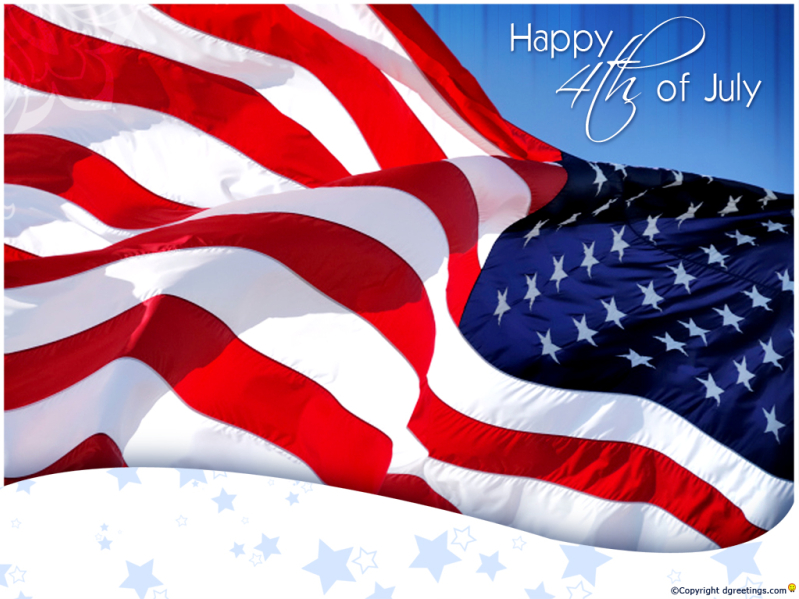
Independence Day marks an occasion of fireworks and barbeques. Amidst this celebration, it is easy to forget the significance of the holiday.
As YouTube poster Mark Dice illustrates, some Americans were absolutely clueless when asked why the Fourth of July is celebrated in the U.S. It is unclear whether Dice chose to show only people giving the craziest answers. Even so, the fact that some individuals have impossibly wrong ideas is scary.
Independence Day: 101
Naturally, it is safe to assume that most American remembered what was taught to them by their elementary schoolteachers. Still, it would not hurt to have a refresher.
The day we now know as the Fourth of July was not the actual day America declared independence. In fact, the motion for independence was made in Philadelphia by the Second Continental Congress just two days earlier on July 2. On that same day, the motion passed with the approval of twelve out of the thirteen colonies. New York had abstained from voting.
So, why is July 4 considered Independence Day? It took two days for the Declaration of Independence to be adopted by the Continental Congress. Unfortunately for British leaders, they did not know that America had separated until over one and half month later.
As a side note, the fighting actually began in Massachusetts in 1775. After a series of small skirmishes and setbacks, the British Army fled to what is now modern-day Canada. The British did not come back in force until June 1776, when they seized Staten Island. After the American Declaration was made, American armed forces were badly defeated in the battle for New York City.
What followed was seven more years of bloodshed as America fought desperately for its independence.
Why the Revolution Started
One popular myth suggests that Americans rebelled over taxes. This is untrue considering that many American colonists at the time were already paying some form of tax to the British Crown. In fact, Americans were taxed significantly less than British subjects back in England.
The root of American resentment is quite complex. Prior to the Revolution, the British had fought the French in the so-called Seven Years War. The fighting soon spilled over to the British and French colonies in the Americas.
During the conflict, many English colonists fought for the British. In fact, George Washington himself served as a lieutenant colonel in the British Army. After the war, colonists felt that their contributions warranted representation in British Parliament - a right already shared by the King's subjects in England.
Instead, the British asked colonists to help pay off debt accumulated in the defense of the colonies. Parliament raised taxes without seeking the consent of colonial representatives. Many colonial citizens were incensed. Calls for "no taxes without representation" were soon uttered throughout the colonies.
Some members of the Parliament wanted to negotiate with the Americans, but they were too few in numbers to influence events. Parliament continued raising taxes, which increased tension. The hostility between Britain and the American colonies grew - inevitably leading to war.
Not Every American Colonist Supported the Revolution
Contrary to common belief, the Revolution divided families and whole communities.
Many American colonists remained loyal to the Crown, despite what had happened. More were, in fact, neutral. Still, there were enough Americans who supported the Revolution to mount substantial resistance against the British. After the Revolution, massive numbers of American loyalists fled to Canada.







